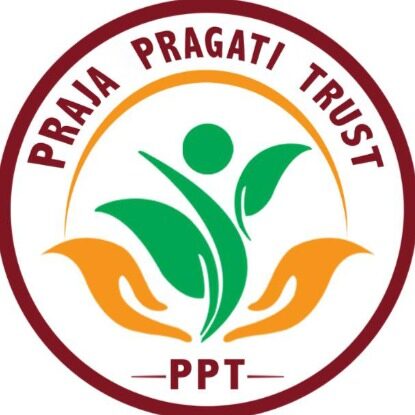Community Health
Community Health is one of the most problematic sectors in the target areas. Poor sanitary conditions, improper drainage systems, lack of safe water and unhygienic conditions are visible in almost all the villages. It is quite evident that there is lack of awareness among the people on the importance of hygienic practices and health care. Hygienic practices are behavioural in nature and the best way to impart them in the society is to cultivate them from childhood itself. Hence, PPT with the support of India Literacy Project (ILP) undertook the following activities at both anganwadi and school level in the target villages:
Capacitating teachers, mother committees and other stake holders at village level to impart health and hygiene systems among children
Designing programs and implementation to monitor personal level health and hygiene of children Growth monitoring
Immunization
Nutrition
Water and Sanitation
At village level it is imperative to realize the problems and to initiate steps to find solutions to such specific problems on prioritizing the same. PPT undertook various convergence activities and advocated with local governing bodies and line departments to successfully tackle the following issues:
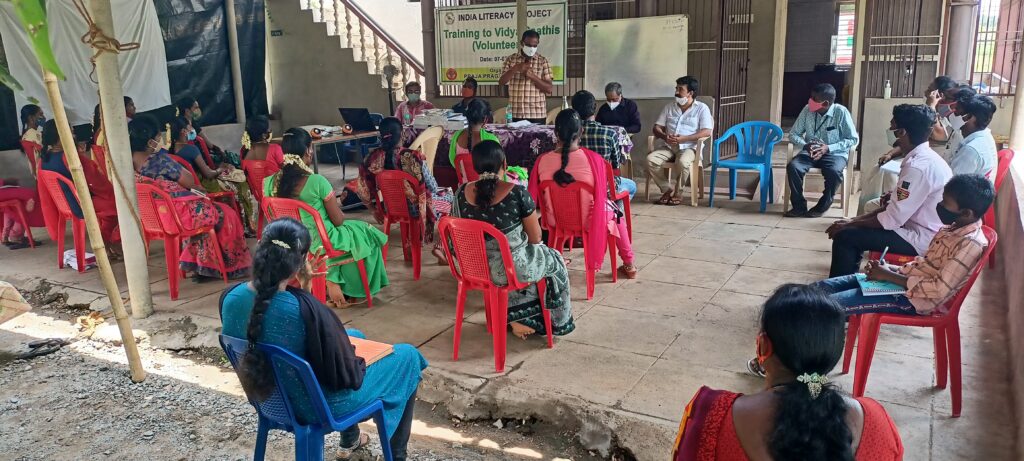
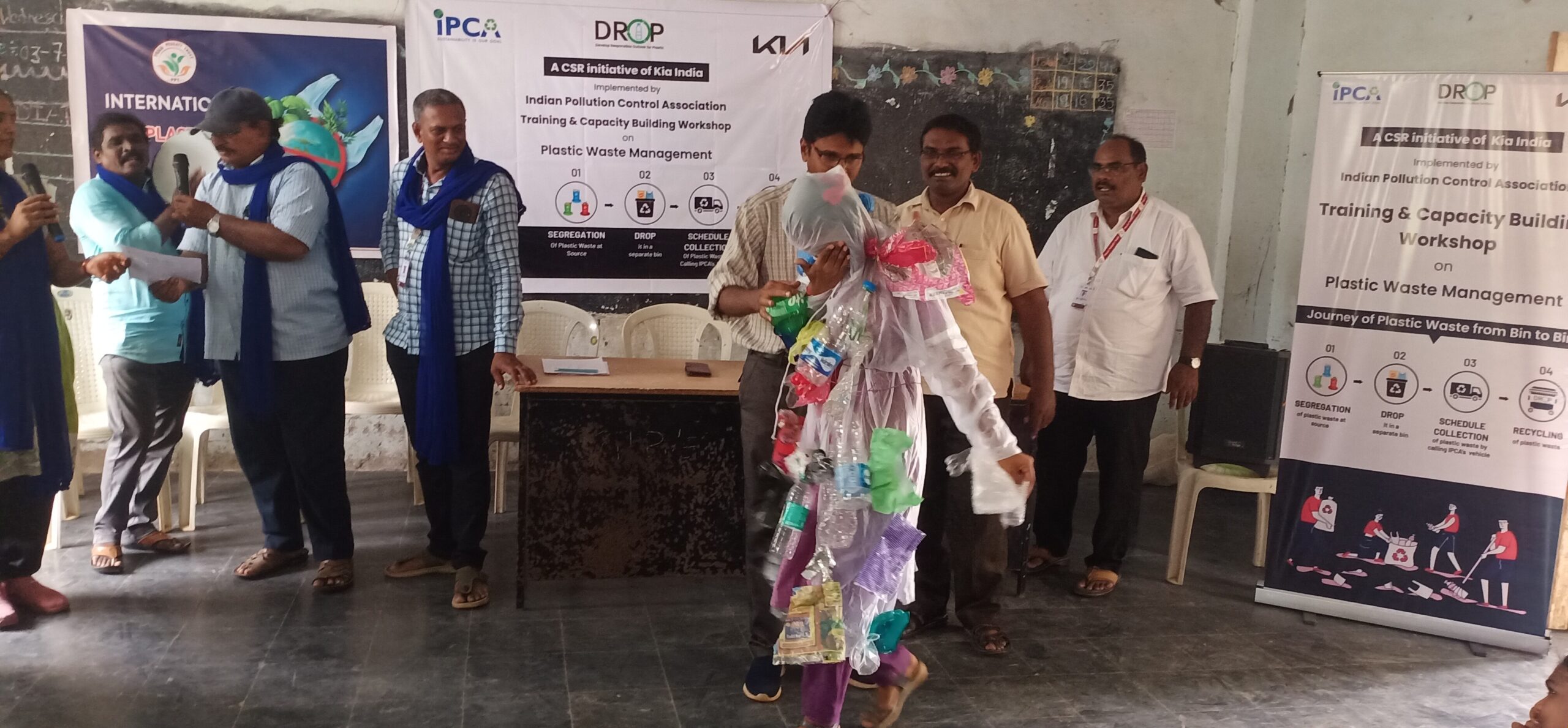
Environment Protection, Literacy and Management
Increased population and technological advances are posing the greatest ever threats to our environment to such an extent that they are creating huge imbalances in the eco systems and continuation of the same would render mother earth inhabitable. Hence currently we have more than ever responsibility to conserve nature and implement such practices to curb land, air and water pollutions for the very sustenance of future generations. PPT, in coalition with corporates and other like- minded organizations has undertaken the following activities in the recent past:
WOW (Well-being Out of Waste): It is an initiative taken by ITC Ltd., partnering with NGOs to bring awareness among the households through educating children on importance of proper waste disposal and need for such practices for recycling and reusing the concerned products. The program focused on bringing awareness among the children on waste disposal methods, segregation of dry waste and wet waste and encouraging them to implement such practices in their respective households. As a pilot project paper waste management was undertaken by the company by collecting such waste from schools, colleges etc., and recycling the same.
Climate literacy and marine litter management: Marine disposal of waste and littering the sea shores, with micro plastic material in particular is causing harm to the marine life and in turn posing threats to the mankind who consume such sea food. Associating with AGS/CEE/GIZ, PPT worked with the local fisherman community in Nellore district to bring awareness and promote marine litter management.

Women Empowerment
PPT is having background of working experience with Self Help Groups in almost all the districts. Since the inception Self Help Groups in the rural villages, many of our team members are closely associated in the evolution of the concept in the rural villages and also were part in bringing up best practices in the groups. Trainings to members were one of the core areas of facilitation in every aspect right from group management to book keeping. Entrepreneur Development Program, which was later evolved in the state and the same, was equipped by our team. For above said activity we are taking support from NABFINS, AMMACTS and Centre for World Solidarity.
Livelihoods
Most of PPT target population is represented by daily wage workers and marginal farmers and artisans. A great majority is in a way or another linked to agricultural seasonality, in a State where rain fall is decreasing year by year. To break the cycle of dependence and poverty it is necessary to provide alternative livelihood opportunities depending on the skills and capabilities of the target population. Possible schemes include livestock rearing, poultry, dairy, occupational activities, petty shops.
The setting of micro-enterprises depends upon feasibility studies done to identify locally available skills, raw material and demand. Selected beneficiaries are then trained on technical, managerial and administrative skills. The necessary support to start a microenterprise is then provided through micro credit and the necessary linkages are created with government and financial institutions.
Apart from the above, farmers are also being empowered through creation of Farmer Producer Organisations (FPOs) and enlightening them on value addition and marketing, providing bank linkages, ensuring proper implementation and utilization of govt, schemes, subsidies etc.,
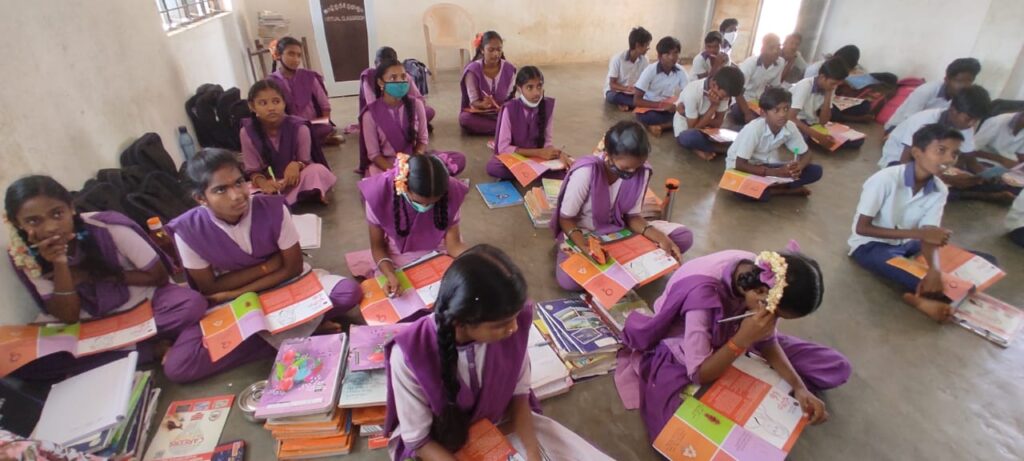
Early Childcare and Pre Schooling
This activity is to focus on children in the age of 2 to 6 years and the development of child is monitored through various tools, thus child growth is ensured. We have good experience in imparting trainings to teachers, low cost food for pre natal & post natal women. Pre schooling is another major area of intervention to reduce school dropouts. We were involved in implementing the program in the areas of Yenadi Tribal and backward communities of Andhra Pradesh with the support of India Literacy Project, Centre for World Solidarity, National Adivasi Solidarity Council, Give India and NACDIP.
Sustainable Agriculture
The organization is working in the targeted areas primarily on promoting sustainable agricultural practices like organic farming, Zero budget Natural Farming systems, Non pesticide management, Crop insurance, process and market linkages of the farmer produces etc., The major project activities include the following:
- Reduction in input costs of agriculture through optimization of resources and preparation and usage of natural pest control products like jeevaamrutham, bijamrutham, kashayams etc., – Water budgeting and management (usage of drips, sprinklers, alternative crops etc.,) – Developing seed banks – Increasing shelf life of existing lands through adopting sustainable agricultural practices – Livestock and dairy management – Back yard poultry and small ruminants rearing – Enlightenment activities on farmer produces marketing and insurance
- Empowering and enlightening the farmers and targeted groups through organizing workshops, exposure visits and trainings by the industry experts. Development of knowledge bank on cited sustainable agricultural practices among the targeted farming communities by creation of model agricultural plots and adopting such practices and establishment of resource centers for assisting the farmers.
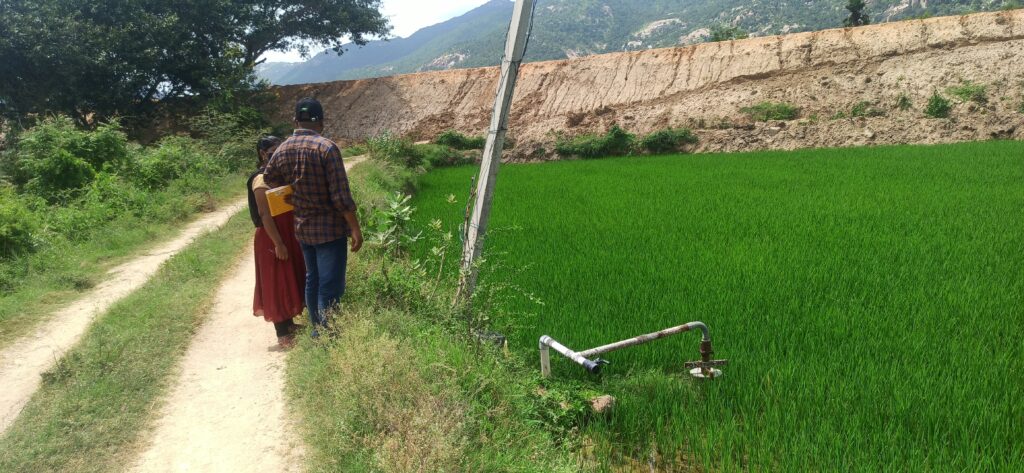
Tribal Development Program
From many years, it is evident that tribal are not recognized as citizens in the country, because right from the beginning they used to live in the forest or away from civilization, thus the Government of India was unable to find out the population, but now the scenario changes in most of the places. Government knows the population, welfare schemes & budgets are released every year particularly for the tribal, but many of them are not receiving them, but the budget being exhausted every year. Nationally and globally, some of the rights were formulated for tribal to empower and avoid exploitation (land rights, legal rights, human rights etc,.), but none of them are not aware of tribal, because of low literacy rate among them.
PPT intervened in educating the tribal on Government schemes, rights and services available to them, which has brought respectable changes in their life, both economically and socially
Child Rights
While coming to child rights, we have good experience in promoting “child rights” according to the convention of United Nations across the globe. The rights are divided into four, from which we focus more on Child Labor, Street Children, Child Trafficking, Child Education, Rights of Children, Child Participation, Birth
Certificate, Child abuse etc,. There is need to focus on the children at this hour, because our country statistics state that the children are at worst side of development & exploitation. We have the experience of working with SSA, Women & Child Welfare Department, Ministry of Human Resource Development, GIVE India, National Child Labour Project and other International agencies working on children, like India Literacy Project, NACDIP and NASC.
